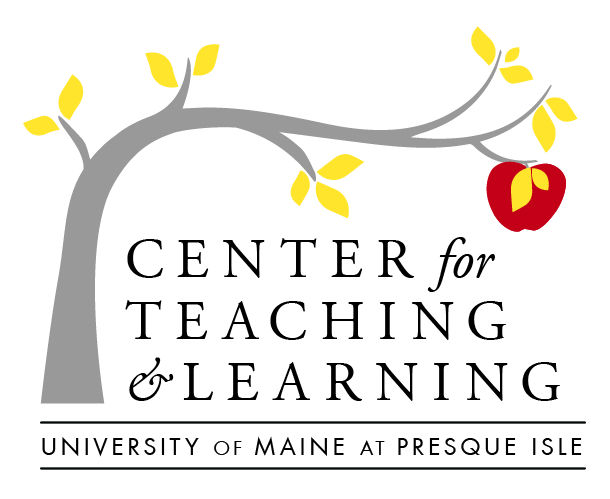What it Means to be an UMPI Professor

UMPI faculty teach across multiple modalities, which extends beyond our Presque Isle walls, into our online programming, to local high schools (with our Aspirations and Concurrent Enrollment initiatives), to the Houlton Higher Education Center, and into the working worlds of our non-traditional working students populations (with our YourPace programming). Our diverse faculty share their expertise in natural sciences, social sciences, arts, professional programs, and humanities. They include scholars, researchers, published authors, scientists, practitioners, experienced educators, and a Fulbright Scholar.
UMPI Faculty are dedicated academics and educators whose scholarship and dedication to excellence in the teaching and learning process push the boundaries of knowledge and pedagogy within and beyond the university.

We are unified in practices that support student learning
All faculty at UMPI are dedicated to providing rigorous and relevant learning experiences for our students, and in aligning our assessments and learning activities to our Learning Outcomes and our Academic Commitment contract with students. As an institution, we are also committed to supporting the following guiding principles in our classrooms (regardless of the delivery modality)–an UMPI education is:
- Student-centered
- Relationship-focused
- Career ready
- Character-building
- Fostering of intellectual growth
Faculty had a chance to work collaboratively, to identify specific attributes, across their current course loads, that support each of these five principles–here is a sampling of how we are already supporting our mission:
Student-centered
We are student-centered in our methods when we:
- meet students where they are
- encourage reflection on content and the learning process
- offer options and voice-and-choice
- allow room for student interest to inform learning
- provide a variety of ways for students to access content
- facilitate fieldwork & experiential learning opportunities
Relationship-focused
We remain relationship-focused when we:
- build trust & create safe spaces to take risks
- encourage cooperative learning
- respond in a timely manner
- get to know students names and interests
- keep class sizes small
- provide relevant learning experiences outside of the classroom
Career-ready
We help students to be career ready after graduation when we:
- invite guest speakers from the field
- create mock-interviews
- work on case studies and real-world simulated problem-solving
- create internships or field experience with local organizations
- encourage students to host community events
- assess effective communication skills
Character-building
We actively support character building when we:
- allow opportunities for students to take ownership
- create reflective practices like journals
- outline professional dispositions & expectations
- create “professionalism” rubrics
- support diversity and inclusion
- use role-playing & active learning strategies
Fostering intellectual growth
We help foster individual student’s intellectual growth when we:
- create critical thinking opportunities
- engage with peer-reviewed literature
- evaluate topics from multiple viewpoints
- encourage participation at conferences
- engage in the peer-review process
- provide rigorous, current content
